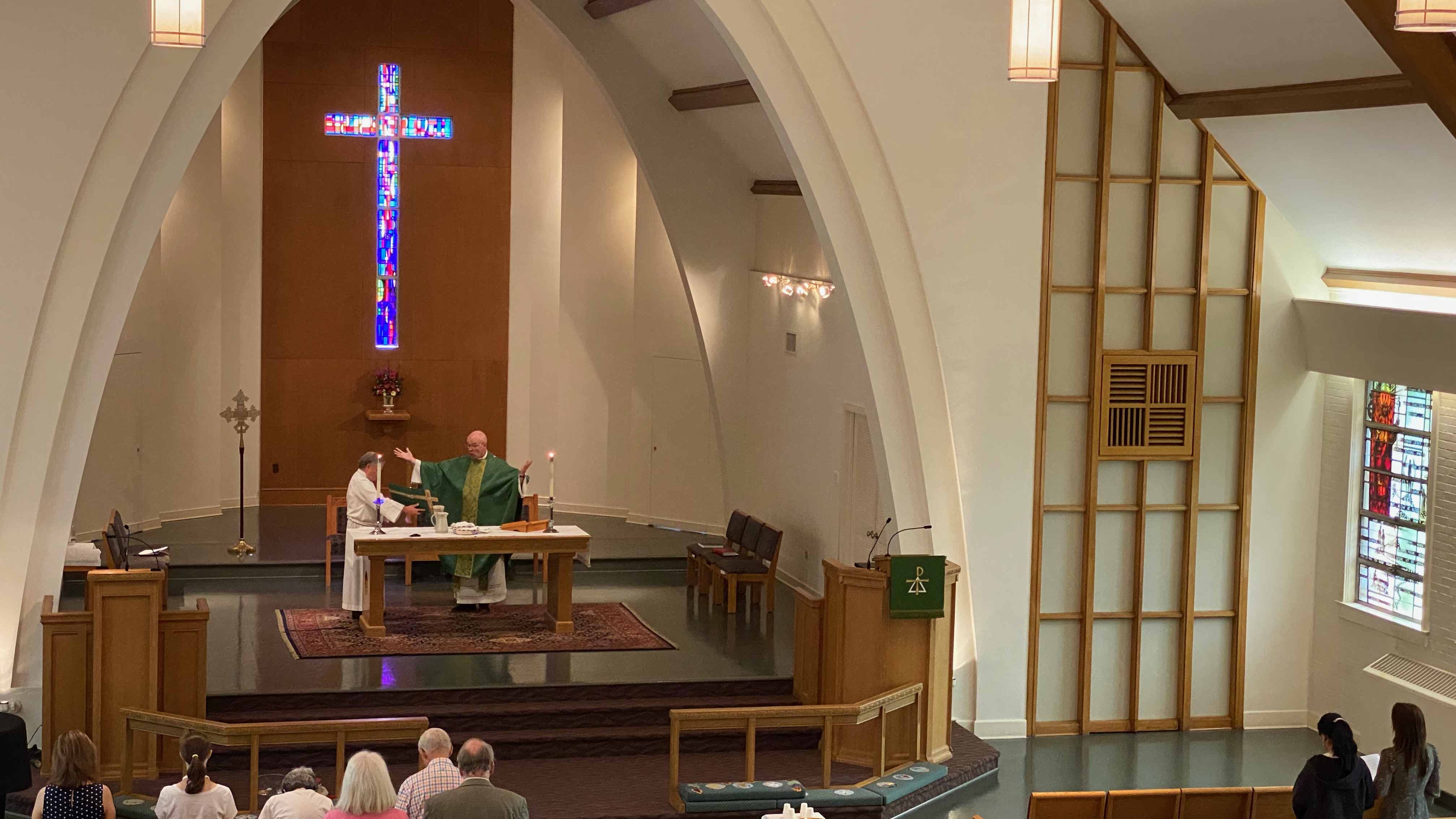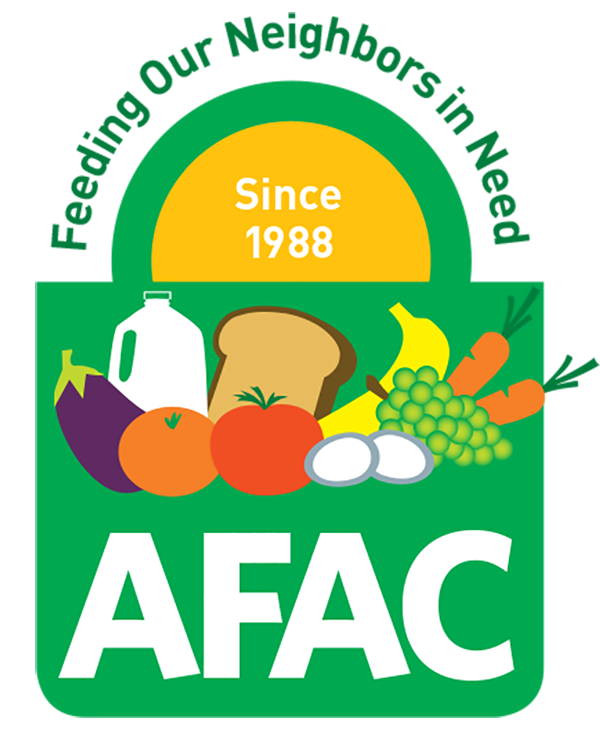How do we as a congregation begin to negotiate in helpful conversation all of these complexities? Especially, how do we do this during the pandemic when we cannot even meet together in person, drawing strength from communal worship from which we have absented ourselves out of neighbor love for those most vulnerable to the virus? Absent meeting in person, we are left with email exchanges, written reflections like these, meetings on Zoom – none of which allow for face to face exchanges undertaken in close proximity to the means of grace which would allow us to nuance our conversations, drawing on the reassurances of being community together in person.
Furthermore, how do we as a congregation faithfully engage social issues during a time of major transitions in the life of a congregation, transitions which have opened up the question of our identity and future mission as a congregation? How do I as your new Pastor for only six short months try to shepherd these energies for engagement – or disengagement – with current social issues when I barely know you as individuals and have no experience at all of this congregation as a gathered congregation, save for one occasion on the Sunday when you voted to call me as pastor?
There is nothing ideal about our current circumstances as a congregation. But there is nothing ideal about anything in nation and world currently. Nobody signed up for this. But here we are in the thick of it all. We cannot change these circumstances. So, how do we make the best of the cards of fate that have been dealt to us? A clear vision can help guide the ways forward.
Again, as I have stated before, my vision for our social engagement as a congregation is this: that Resurrection Church would build on its foundation of generous support for charitable organizations by engaging communally in moral discernment about social issues that honors the variety of viewpoints that are held by God’s people in the congregation. Moreover, I envision Resurrection as a congregation where such moral discernment would lead to common cause in seeking ways to advocate for social justice by proactively supporting movements and initiatives that promote God’s reign of peace, justice, and commonwealth. It’s the latter statement in this vision that is perhaps most controversial as we negotiate the relationship between church and state.
At this point, this is my vision as your pastor – note the “I” statements. My prayer is that my vision would come to be embraced by our congregation communally, such that it can be stated with “we” statements. So, there is a lot to talk about in what, I pray, will be holy, respectful, loving conversation for the sake of the world. I invite your reflection with me on how best we might begin to address the questions of church and state as a congregation during these most unusual circumstances. I have appreciated very much members of our congregation who have forthrightly stated their various views to me. But how do we move this beyond one on one conversations to communal discussion, especially when we cannot meet face to face in person?
Toward living into answers to these questions, I invite you join in the following (and I call your attention to more specific information in other announcements elsewhere):
- The Friday evening film and discussion series on racism beginning October 9.
- The book discussion of Lenny Duncan’s Dear Church: A Love Letter from a Black Preacher to the Whitest Denomination in the US beginning on October 27.
Additionally, I call your attention to a new social message from the ELCA on “Government and Civic Engagement in the United States: Discipleship in a Democracy,” which seeks to address the question of the relationship between church and state from a contemporary Lutheran perspective, drawing on our own rich theological heritage as a church. Perhaps studying this document together would ground our conversations moving forward.
May God in Christ lead us in faithful ways toward creatively tackling what is before us together in the power of the Holy Spirit.
Pastor Jonathan Linman






